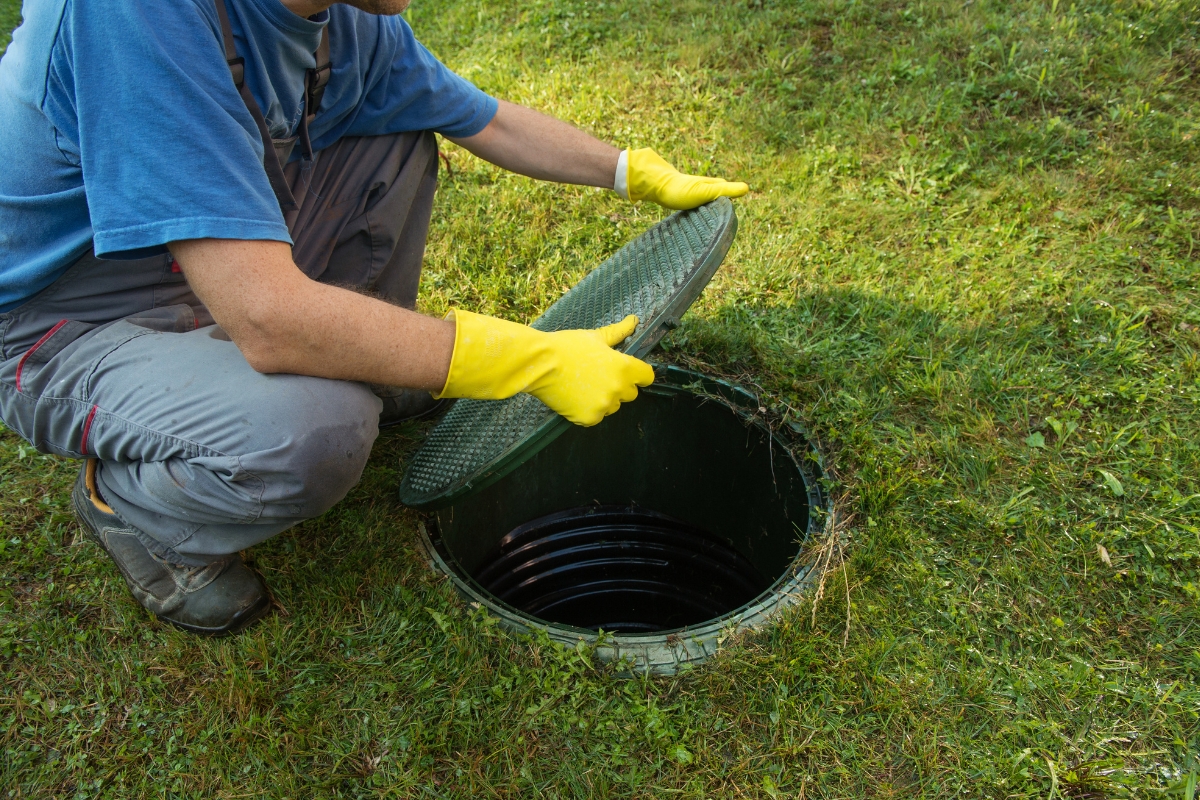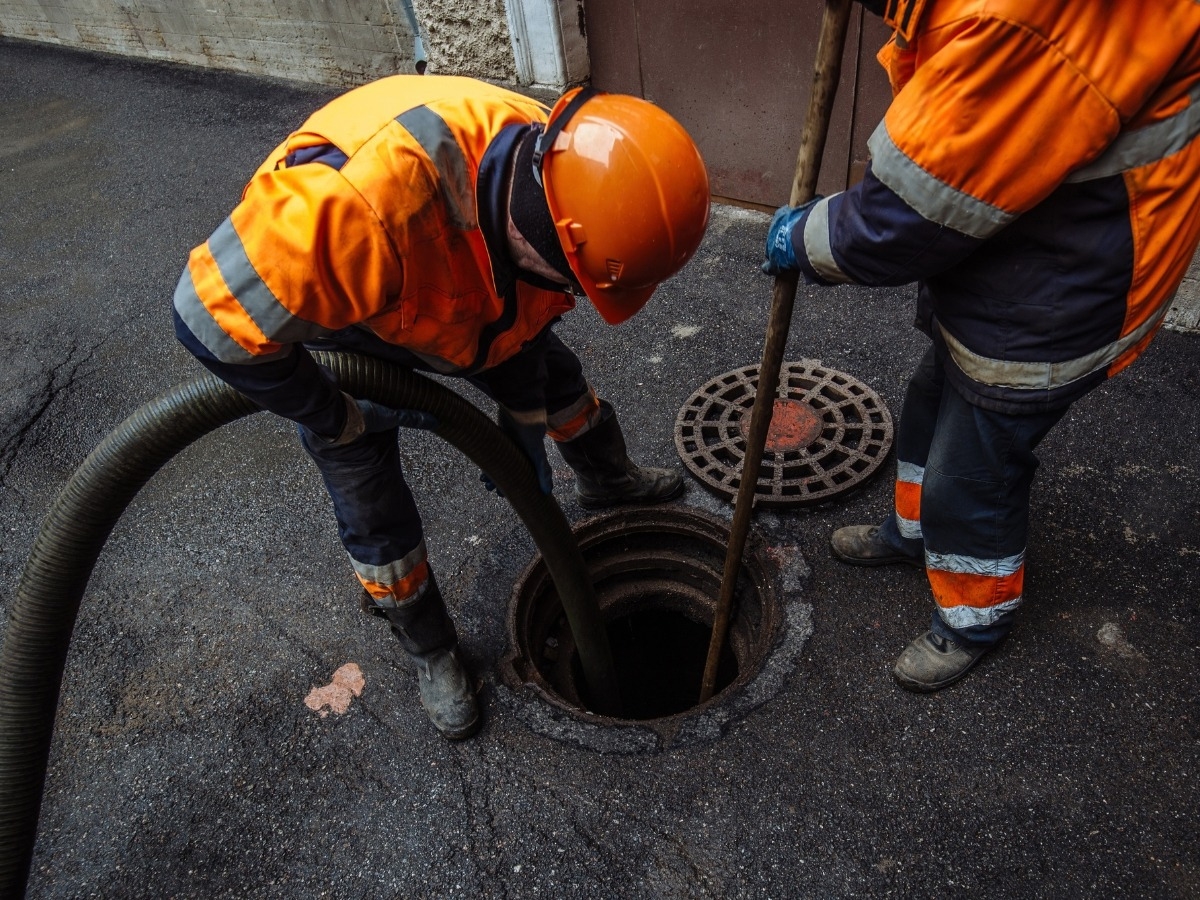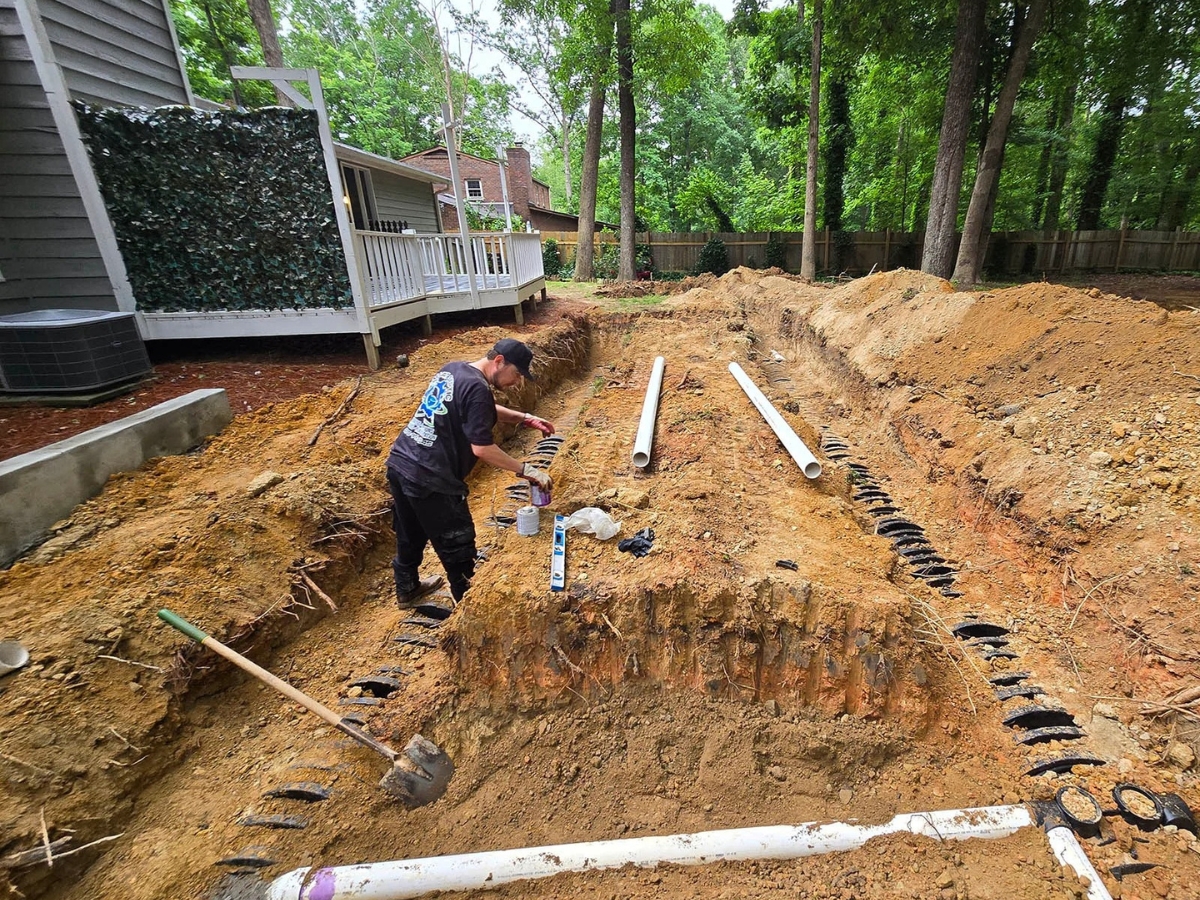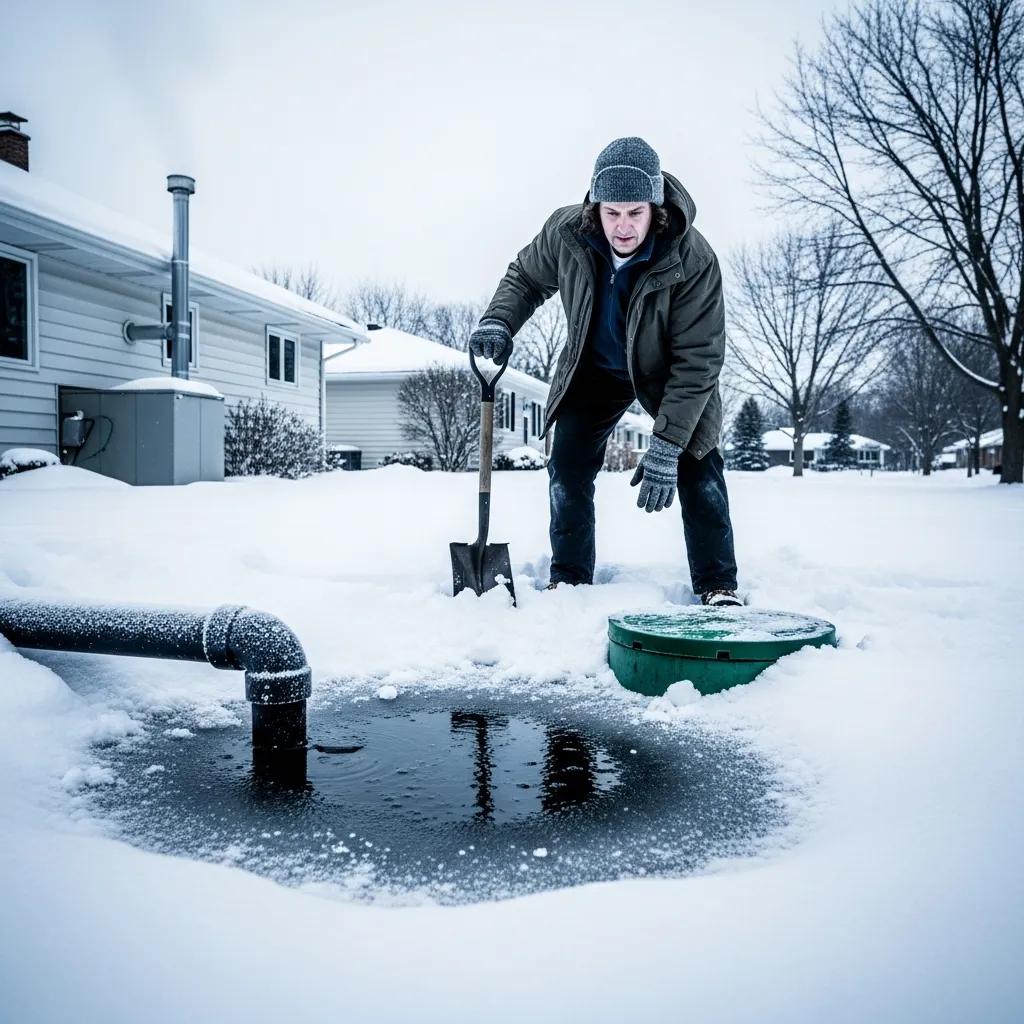A properly functioning septic system is essential for maintaining a healthy, comfortable home. However, when issues arise, they can quickly escalate into costly repairs and environmental hazards. This is why learning the basics of septic system troubleshooting can be invaluable for any homeowner.
Knowing how to troubleshoot common septic system problems can help you address minor issues before they turn into major headaches. In this guide, we’ll provide expert tips for diagnosing and resolving common septic tank problems, from slow drains and unpleasant odors to more serious concerns like backups or system failure.
Top Tips for Effective Septic System Troubleshooting
Understanding Your Septic System Components
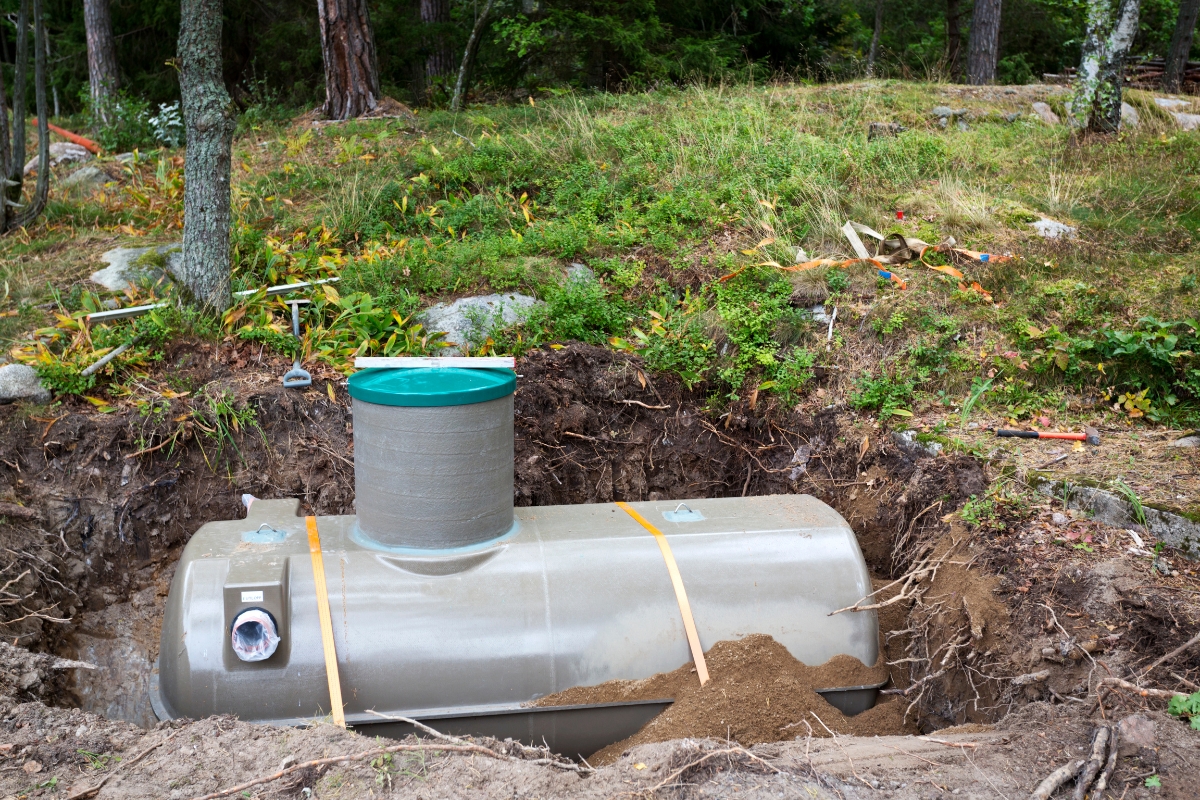
Before diving into troubleshooting tips, it’s essential to grasp the key components of your septic system to better identify and address potential problems. A conventional septic system has three primary parts: the septic tank, the drainfield, and the soil beneath it.
The septic tank is an underground chamber typically made from concrete, fiberglass, or plastic. It serves as a holding tank for wastewater from your home, separating solids, oils, and grease. Solid waste settles at the tank’s bottom, forming sludge, while lighter oils and grease rise to the top, creating scum. The liquid layer between these, called effluent, exits the tank and moves into the drainfield.
The drainfield is a crucial area where the effluent is dispersed into the soil through perforated pipes buried in trenches filled with gravel or sand. These pipes allow the effluent to seep into the soil gradually. The soil acts as a natural filter, breaking down harmful bacteria and contaminants to purify the water before it reaches groundwater.
Regular maintenance and understanding the role of each component can help prevent common septic system issues. With a solid grasp of how the system functions, you can better monitor its performance and spot any signs of malfunction. Next, we’ll cover common problems that may arise and how to troubleshoot them effectively.
Early Warning Signs of a Failing Septic System
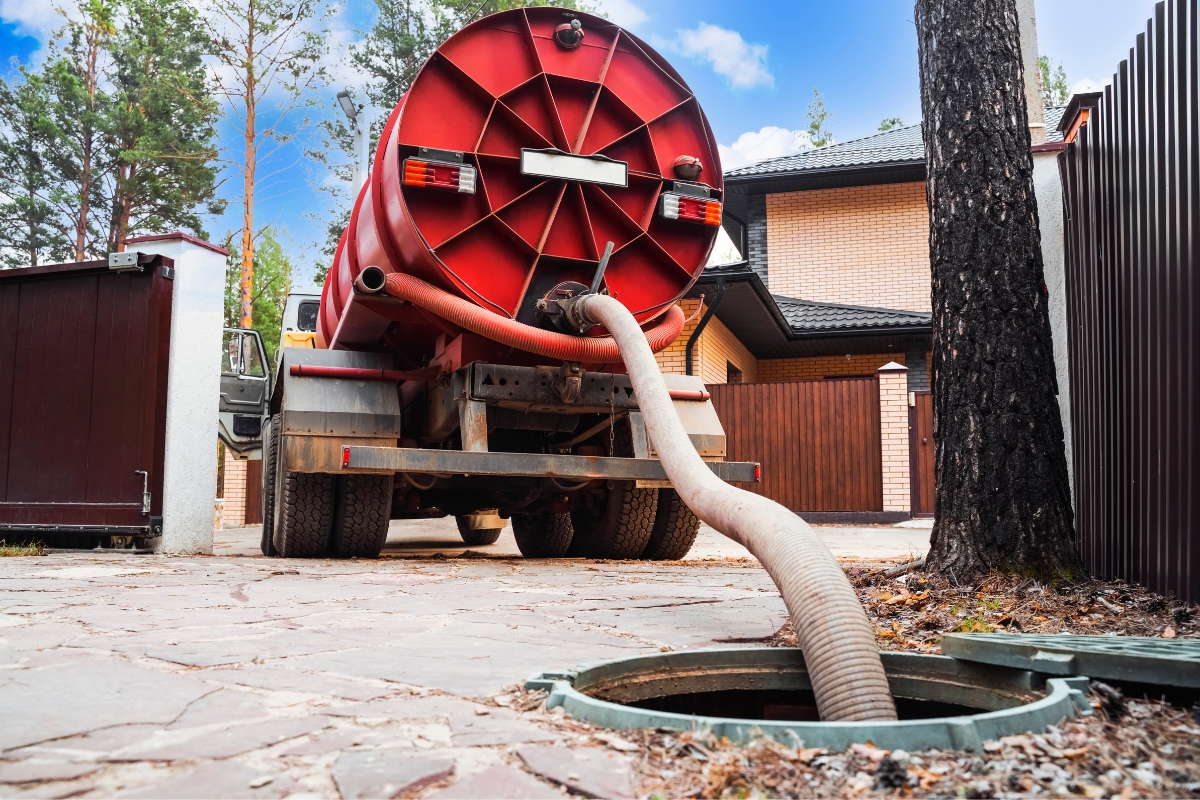
It’s important to recognize early warning signs that signal trouble to avoid the downfalls associated with failing septic systems. Identifying these signs early on allows you to take preventative action before the problem worsens.
One of the first indicators of septic system issues is slow drainage. If sinks, showers, or toilets in your home take longer than usual to drain, or if you hear gurgling sounds, this may suggest a blockage or an overloaded system struggling to manage wastewater effectively.
Another critical sign is foul odors coming from your drains or the area around your septic tank. These unpleasant smells often indicate that sewage is not being properly contained, creating an unhealthy environment in and around your home.
Additionally, lush, green patches of grass or standing water near your drainfield could point to septic system failure. Excessive moisture in the soil due to leakage can cause these telltale signs, meaning the system is not filtering or draining correctly.
By addressing these early warning signs promptly, you can avoid severe damage, unsanitary conditions, and expensive repairs. In the following sections, we’ll delve deeper into the common causes behind these symptoms and how to resolve them.
Home Maintenance Tips to Prevent Problems
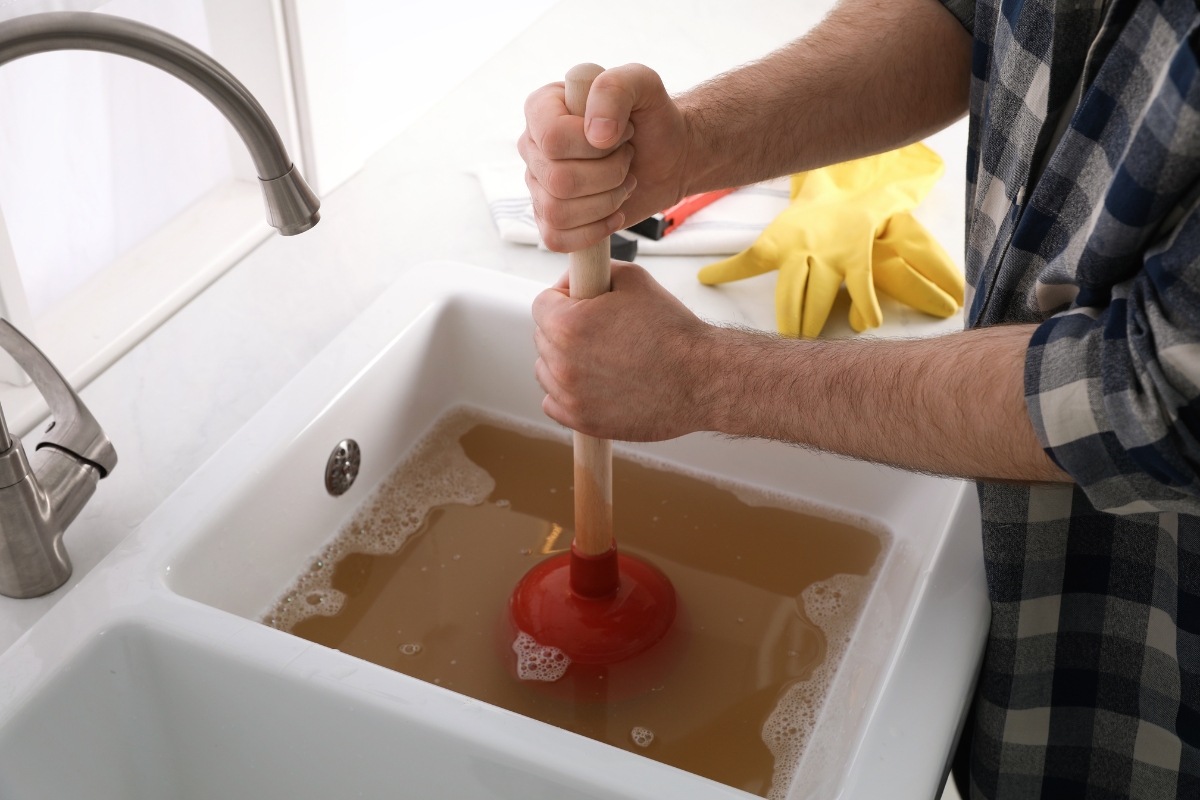
Proper maintenance is key to ensuring a long-lasting and efficient septic system. Here are some practical DIY tips to help you maintain your system and avoid costly repairs:
- Be mindful of what you flush: Your septic system is designed to handle human waste and toilet paper only. Non-biodegradable items such as wipes, feminine hygiene products, and diapers can cause clogs in the pipes and septic tank. Even so-called “flushable” wipes can lead to blockages.
- Conserve water: Excessive water entering the system can overwhelm the septic tank, preventing proper treatment of waste. To avoid overloading, consider installing low-flow toilets and showerheads, fixing any leaky faucets or pipes, and spacing out laundry loads throughout the week.
- Avoid harsh chemicals: Household cleaners, bleach, and other harsh chemicals can kill the beneficial bacteria that break down waste in the septic tank. Opt for septic-safe or environmentally friendly cleaning products to maintain the delicate bacterial balance.
- Schedule regular pumping: Regular septic tank pumping every 3-5 years is essential for removing accumulated solids before they clog the drainfield. This preventive measure helps maintain the overall health of your system.
Following these tips can greatly reduce the risk of septic system issues. However, if problems like sewage backups or persistent slow drains arise, it’s important to call in a professional for a thorough inspection and repair.
Professional Help: When to Call a Septic System Expert

While routine maintenance and minor troubleshooting can be handled by homeowners, certain septic system issues require professional expertise. Knowing when to call a septic system expert can help prevent minor issues from escalating into major, costly repairs.
- Persistent Sewage Backups or Slow Drains: If you’ve noticed frequent backups in your sinks, toilets, or showers, or if your drains are moving more slowly than usual, it could be a sign of a serious septic system problem. While occasional clogs can be managed with household tools, persistent backups may indicate that your septic tank is full or that there’s a blockage in the drainfield. If basic troubleshooting doesn’t resolve the issue, it’s time to call in a professional to assess the situation.
- Foul Odors Indoors or Outdoors: Strong, unpleasant odors emanating from your drains, around your septic tank, or near your drainfield are clear indicators of septic system failure. These smells often signal that sewage is not properly processing in the tank or is leaking into areas where it shouldn’t be. Foul odors can also pose health risks, so contacting a septic expert at the first sign of unusual smells is essential.
- Standing Water or Wet Spots in the Yard: If you notice standing water, soggy areas, or unusually lush patches of grass around your septic tank or drainfield, your system may be leaking or overloaded. This could be due to a failing drainfield, damaged pipes, or an overfull tank. These issues require immediate attention, as untreated wastewater surfacing can contaminate the groundwater and pose environmental hazards. A septic professional will have the tools and knowledge to diagnose the issue and repair it efficiently.
- Unexplained High Water Bills: A sudden spike in your water bill could indicate that your septic system is malfunctioning or that there’s a hidden leak somewhere in the system. Leaks can lead to excess water flowing into your septic tank, causing it to fill more quickly than usual, which puts strain on the system and increases the risk of a backup. If you suspect a leak but can’t locate it, a professional can identify the problem and address it before it worsens.
- Scheduled Maintenance and Tank Pumping: Even if your septic system appears to be working well, it’s important to schedule regular inspections and pumping. A professional septic service can inspect the system for any signs of wear or damage, ensuring it remains in good working order and preventing future problems. Routine pumping every 3-5 years, based on system usage, is essential to avoid overflow and costly repairs.
Calling a septic expert can help avoid bigger problems down the line. Professionals use advanced diagnostic tools to assess the situation accurately and can recommend solutions such as repairs, system upgrades, or even a new installation if needed.
Upgrading Your Septic System for Long-Term Efficiency
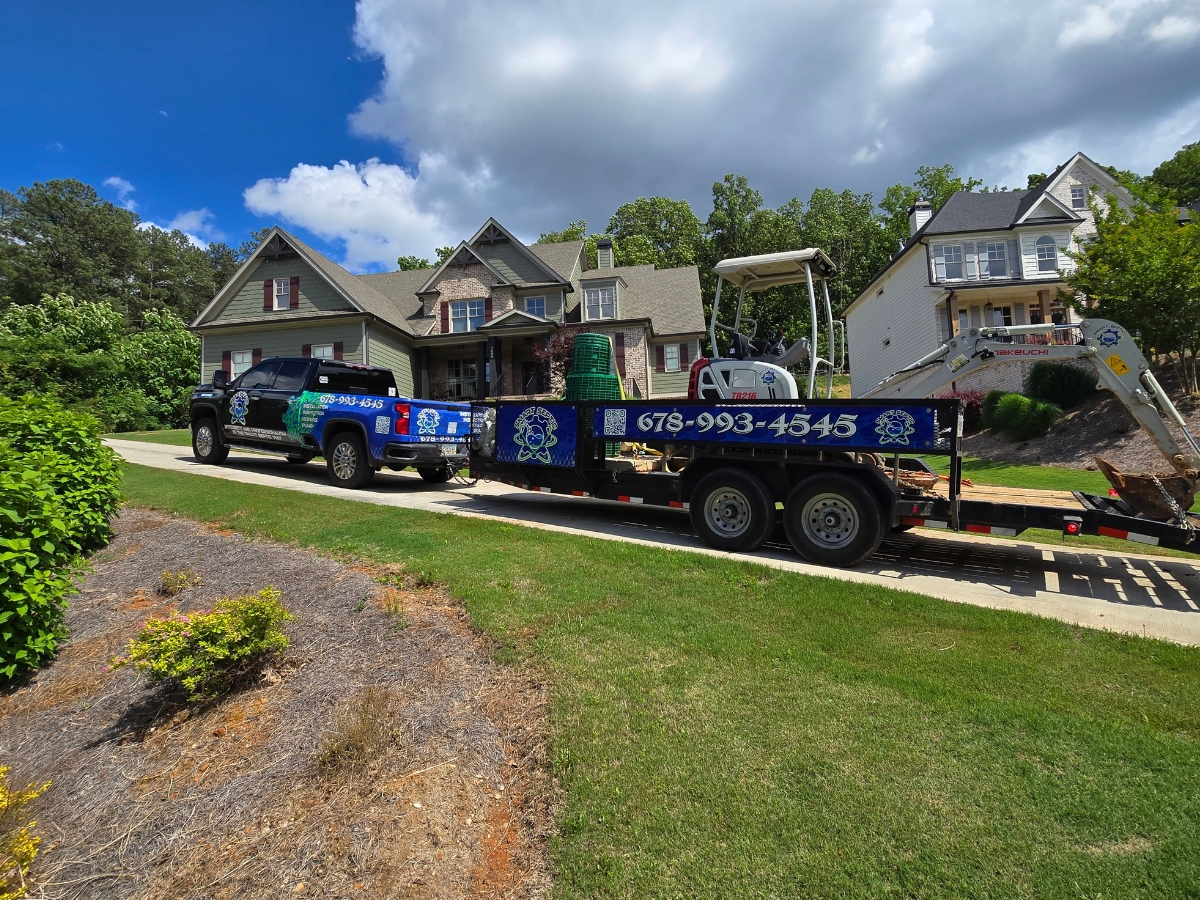
If your septic system is outdated or you’re frequently dealing with issues like backups or leaks, it may be worth considering an upgrade. A modern, efficient septic system can offer several long-term benefits:
- Improved Performance: Newer septic systems are equipped to manage higher volumes of wastewater more effectively. This reduces the chances of system overload, minimizing backups and the risk of drainfield failures, ensuring a smoother operation.
- Environmental Benefits: Advanced systems often include enhanced filtration and treatment technologies, which better remove contaminants before the effluent reaches the soil. This reduces potential harm to groundwater sources and the surrounding environment, promoting healthier ecosystems.
- Cost Savings: While upgrading requires an upfront investment, a modern septic system is likely to save you money in the long run by reducing the need for frequent repairs, servicing, and emergency pumping. Moreover, efficient systems tend to last longer and perform better over time.
If you’re unsure whether upgrading is the best option for your property, consult a qualified septic professional. They can assess your current system’s condition, water usage needs, and the local environmental regulations to recommend a tailored solution that fits your situation.
Environmental Impact of Poorly Maintained Septic Systems
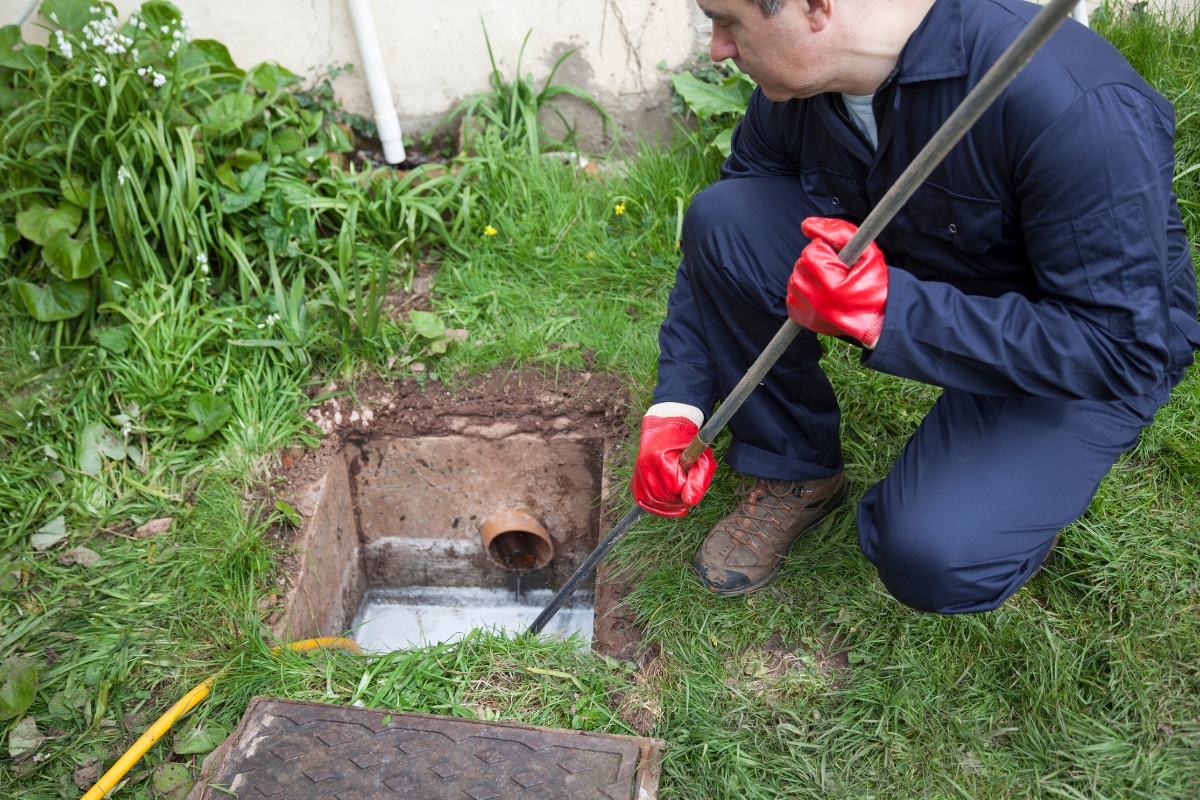
Poorly maintained septic systems pose serious environmental hazards. When a system fails, untreated wastewater can seep into nearby groundwater or surface water sources, leading to contamination. This wastewater contains harmful pathogens, chemicals, and excess nutrients, which can impact both human health and the surrounding ecosystem.
One of the most significant environmental concerns is the excessive nitrogen and phosphorus found in untreated wastewater. When these nutrients enter lakes, rivers, or streams, they promote algal blooms. Algae blooms deplete oxygen levels in the water, a condition known as eutrophication, which leads to the death of aquatic organisms and disrupts the balance of entire ecosystems.
In addition to affecting aquatic life, poorly treated sewage introduces dangerous bacteria and viruses into water supplies, posing health risks to humans and wildlife. Contaminated drinking water can lead to waterborne illnesses, while polluted waterways can harm animals and plants dependent on clean water sources.
Proper septic system maintenance, including regular inspections and timely repairs, plays a crucial role in preventing these environmental and health risks. By taking proactive measures, homeowners can help preserve the quality of local water systems and contribute to broader environmental conservation efforts.
Conclusion: Ensuring a Healthy and Smooth-Running Septic System
Maintaining a smooth-running septic system is crucial for the health of your home and the environment. By taking these proactive steps, you’ll not only avoid unpleasant surprises but also contribute to the preservation of our precious water resources.
If you’re looking for reliable septic tank services in Kennesaw, Acworth, Marietta, or metro Atlanta area, choose Smart Septic Pros. Our experienced team is ready to handle all your septic needs, ensuring optimal performance. Contact us today at 678-993-4545 or visit our website to fill out our contact form and request a service with us today. Let us help you keep your septic system running smoothly!
